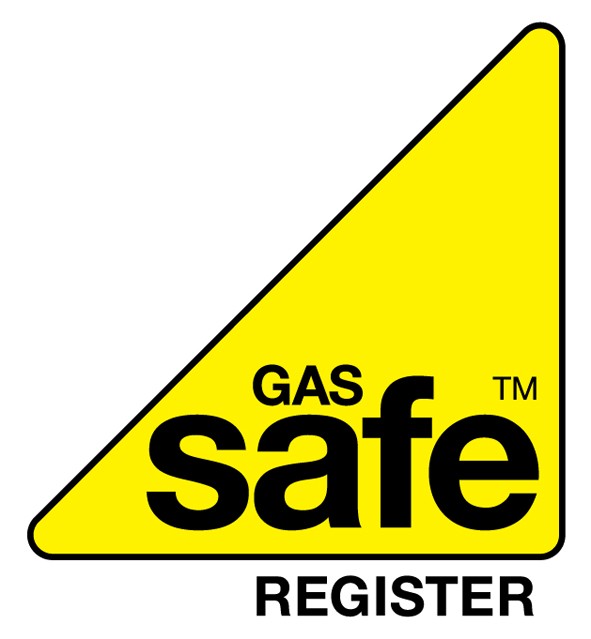When you rent out a residential property, probably one of the most important safety issues is that of gas.
If gas appliances do not work correctly they can emit carbon monoxide (CO). This odourless, colourless and tasteless gas will cause symptoms such as:
- headaches
- weakness
- dizziness
- nausea or vomiting
- confusion
- blurred vision
- loss of consciousness
- potentially death
Which laws cover gas safety?
The Gas Safety (Installation and Use) Regulations 1998 and The Smoke and Carbon Monoxide Alarm (England) Regulations 2015 specify the requirements on landlords, agents and gas engineers for gas safety.
http://www.legislation.gov.uk/uksi/1998/2451/contents/made
http://www.hse.gov.uk/pUbns/priced/l56.pdf
What are my legal responsibilities?
As a landlord, your legal responsibilities are:
1. Maintain gas appliances, pipework and flus in a safe condition.
2. Have gas appliances and pipework inspected by a Gas Safe registered engineer on an annual basis. The engineer will provide you with a certificate.
3. You must provide a copy of the Gas Safety Certificate to the tenants within 28 days of it being completed.
4. Access to the shut off valve: Tenants must be able to access the gas shut off valve at all times. In many Victorian terrace properties the shut off valve is in the ground floor front bedroom which often have locks installed which prevent access.
If you don’t issue gas safety certificates to tenants, you can’t use a section 21 notice to evict a tenant.
If a tenant brings a gas appliance into the property, you are responsible for the pipework only and NOT the appliance itself.
Am I required to fit carbon monoxide detectors?
While landlords are required to fit smoke detectors on every floor, you are only required to install carbon monoxide detectors in high risk rooms, where solid fuels are burned. Legislation does NOT require carbon monoxide detectors to be installed in rooms with gas boilers or gas fires.
Who can issue a gas safety certificate
The certificate will only be valid if issued by a gas engineer who is entered on the Gas Safety Register. It is illegal to employ a non-registered engineer.

Gas safety certificates can only be issued by Gas Safe registered engineers
How much does a landlords gas certificate cost?
Prices vary, it's possible to find companies that will do the safety checks and issue your safety certificate for as little as £40-45. However, there is a sliding scale depending on the work required. For instance, there will be extra charges for servicing gas appliances - something that manufacturers recommend.
Other factors that might affect the price include the need for remedial work to be carried out to ensure appliances meet the required safety standards.
Extra costs may accrue if engineers need to revisit the property to complete work, if a landlord has not agreed the cost beforehand.
What is a CP12 certificate?
Some engineers may refer to your CP12. This is an out-of-date name for the Landlord Gas Safety Certificate. Previously, the inspections were carried out by CORGI registered engineers. While CORGI doesn't exist anymore, the name of the certificate has remained.
What is best practice?
In addition to having appliances inspected each year, it’s best practice to have them serviced as the manufacturer recommends, and at least once per year.
Although carbon monoxide detectors are not legally required unless in high risk rooms such as those with solid fuel burners it is suggested that they are installed and regularly maintained in any properties with gas appliances.
Educate tenants: letting tenants know what to look out for with carbon monoxide leaks or gas leaks is an important part of gas safety. Tenants should be told where the gas shut off valve is and what to do if they smell gas.
Conduct regular inspections: appliances can stop working safely at any time, especially in-between safety inspection. That's why it’s a good idea to be aware of the signs to look out for when you visit your properties. Brownish-yellow or sooty stains around appliances, pilot lights frequently blowing out, smoke or fumes in the house. When gas burns the flame should only be blue, if the gas is burning with a yellow or orange flame it may mean CO is present.
What are the consequences?
Apart from the potential lethal effects of CO poisoning, failure to follow the correct gas safety procedure is a criminal act and can result in fines or imprisonment.
As a property manager, Purple Frog will ensure that all safety certificates are up-to-date and you are meeting your legal and safety obligations to your tenants. If you would like more information about how we keep your tenants safe and ensure your properties are compliant with regulations, complete the form on our Landlords page. We will be in touch by the next working day.
